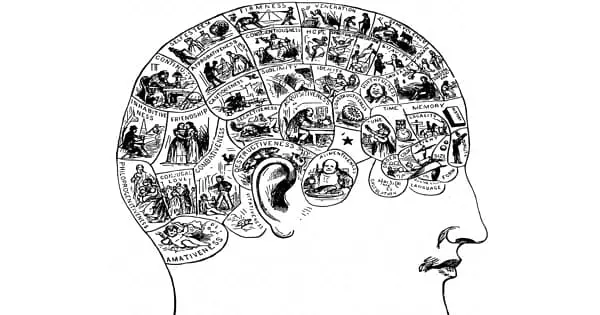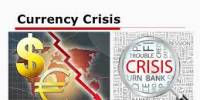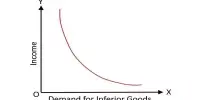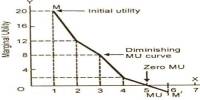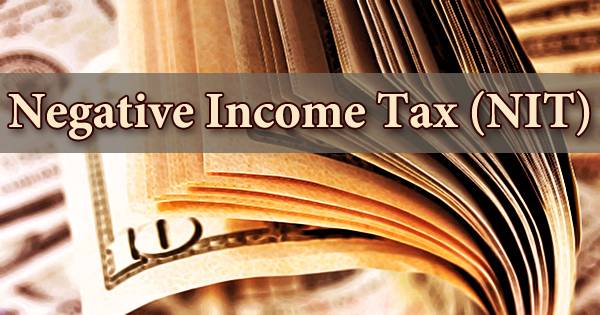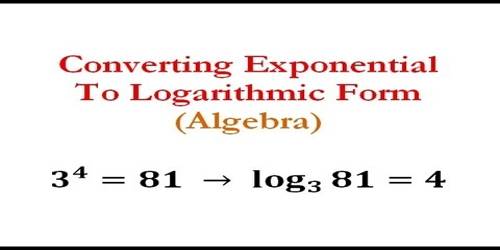The study of the social causes and effects of various economic phenomena is known as economic sociology. Economic sociology is divided into two branches: market sociology and consumption sociology. The field can be broadly divided into two periods: classical and contemporary, known as “new economic sociology.” It is the study of how social processes produce and reproduce material conditions of life.
Economic sociology employs sociological tools to examine economic phenomena such as markets, corporations, property rights, and work. It shares economic theory’s emphasis on the role of interests and rationality, but it also emphasizes the value of social relations and social institutions. The transition to capitalism and its effects on markets, the role of trust in economic life, the classical foundations of modern economic sociology, the relationship between law and the economy, entrepreneurship, and the social organization of labor markets have all been studied by Cornell’s economic sociologists.
Market sociology considers markets to be socially constructed arenas where buyers and sellers engage in repeated exchanges governed by a set of formal and informal rules governing relationships between competitors, suppliers, and customers. Governments, laws, and cultural understandings that support market activity are all dependent on markets. Networks, institutions, political economy, and the study of market devices and the performativity of economic ideas are four bodies of work that provide different perspectives on the mechanisms by which markets are organized.
The classical period was particularly concerned with modernity and its constituent aspects, such as rationalization, secularization, urbanization, and social stratification. Because sociology arose primarily in response to capitalist modernity, economics played an important role in much classic sociological inquiry. William Stanley Jevons coined the term “economic sociology” in 1879, and it was later used in the works of Émile Durkheim, Max Weber, and Georg Simmel between 1890 and 1920. Weber’s work on the relationship between economics and religion, as well as the modern West’s cultural “disenchantment,” is perhaps the most iconic of the approach set forth in the classic period of economic sociology.
Scholars studying international migration theory and economic sociology of migration tend to focus on the noneconomic, social reasons for migration, such as social networks and social capital. Scholars of international migration have borrowed the concept of social capital to refer to the benefits gained by international migrants as a result of personal contacts with previous migrants in their place of origin or destination.
Economic sociology in the modern era may include studies of all modern social aspects of economic phenomena; economic sociology may thus be considered a field at the intersection of economics and sociology. The social consequences of economic exchanges, the social meanings they involve, and the social interactions they facilitate or obstruct are all common areas of inquiry in contemporary economic sociology.
